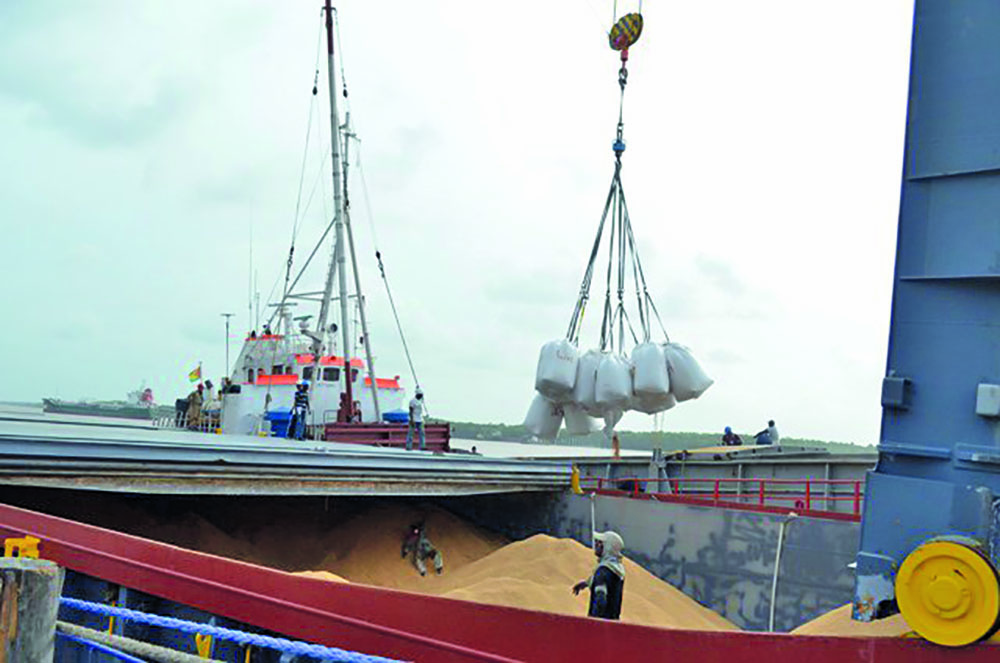Home News Guyana’s rice quota to Brazil to be increased by 24,000 tonnes
Guyana will soon be exporting an additional 24,000 tons of rice to Brazil, taking the total to 34,000 tonnes. The decision was taken following a Technical Committee Meeting between the two countries on Wednesday, the Foreign Affairs and International Cooperation Ministry said. 
The meeting, which was held via video conference, was chaired by Foreign Secretary, Robert Persaud. The press release stated that “Brazil agreed to increase Guyana’s current rice quota from 10,000 tonnes to 34,000 tonnes.”
This comes on the heels of a recent visit by Ernesto Henrique Fraga Araújo, Minister of State of Foreign Affairs of the Federative Republic of Brazil to Guyana and his meeting with President Irfaan Ali.
The Brazil minister had requested an expansion of the Partial Scope Agreement between the two countries. This Agreement seeks to “to foster bilateral trade flows, by the exchange of tariff preferences between the Parties, cooperation on trade matters and increased participation of the private sector.”
Guyana and Brazil have also agreed to have further discussions on establishing a working relationship on the development of rice varieties. This will see collaboration between the Burma Rice Research Institute of the Guyana Rice Development Board, and Rice Research Institutes in Brazil.
“This is to ensure that the two countries can undertake collaborative research into different rice varieties to support commercial production and assess intellectual property protection of same,” the release stated.
An agreement was also made to have further bilateral discussions on the use of Phostoxin instead of Methyl Bromide for the fumigation of rice exported to Brazil.
Guyana and Brazil have agreed to continue consultation on increased market access for sugar from 10,000 tonnes to 25,000 tonnes. Guyana is also seeking to have buyers from Roraima and other regions in Northern Brazil by establishing business connections.
Additionally, the two countries are exploring a 100 percent duty reduction on product lists submitted by both parties. The press release said this will result in an increase in the number of tariff lines receiving preferential access under the Agreement for both sides.
